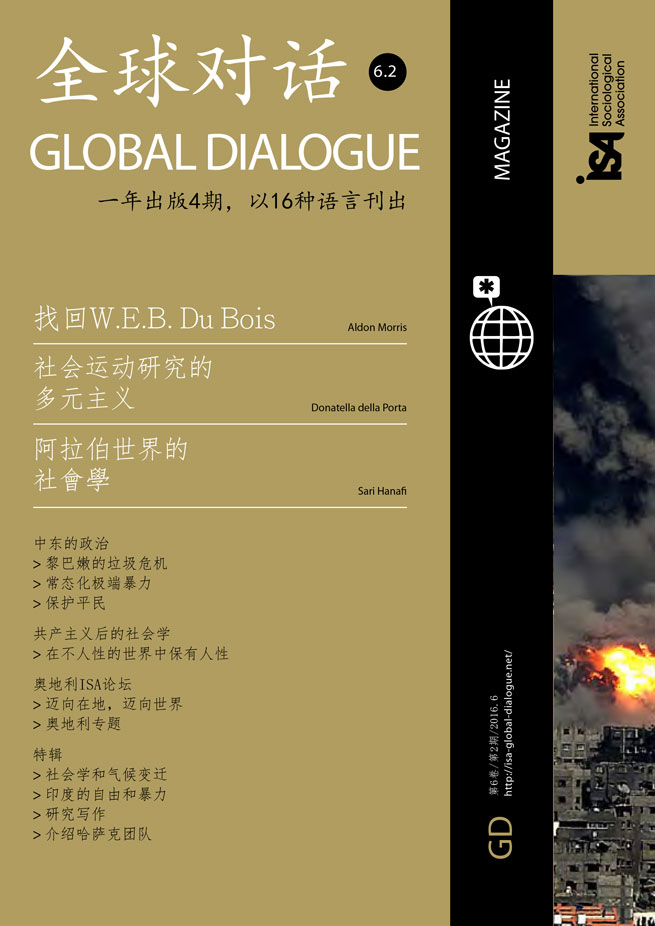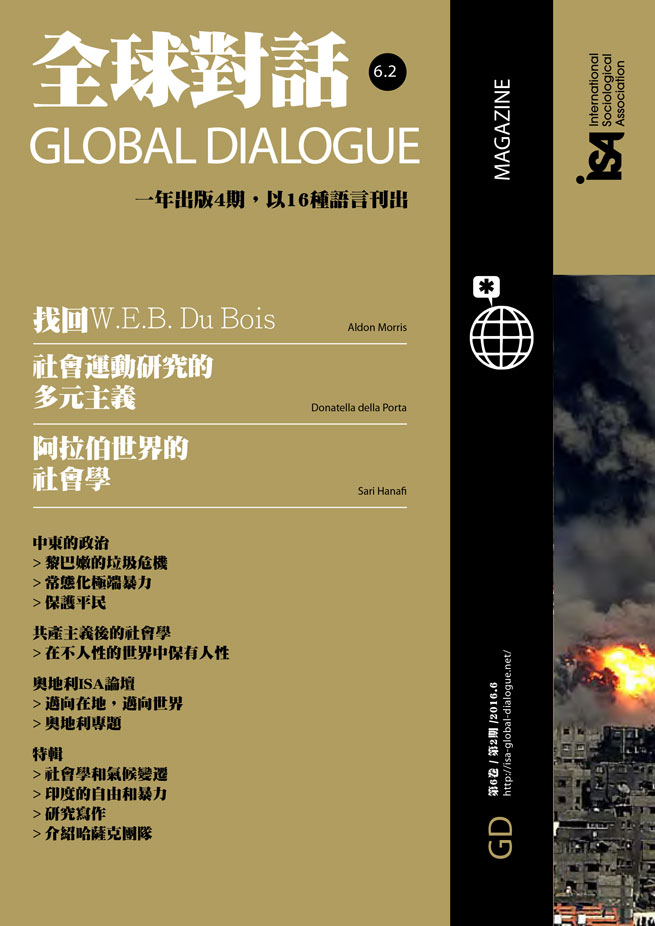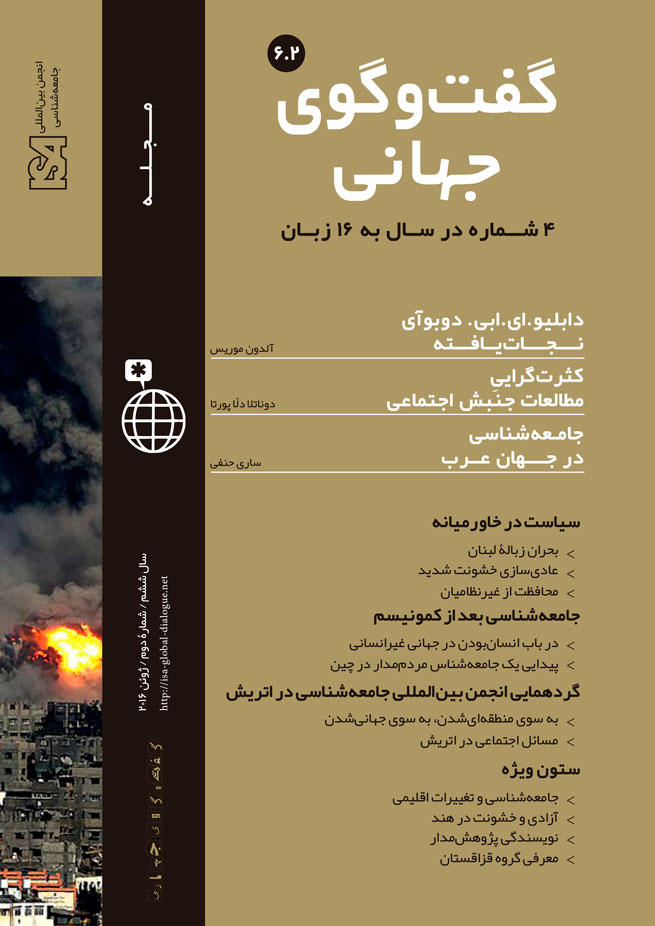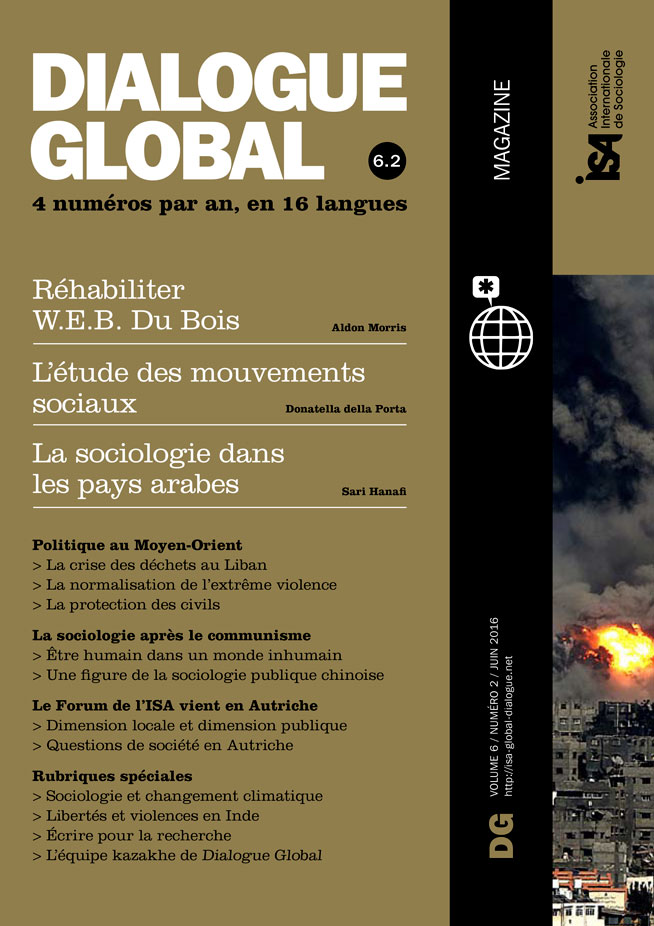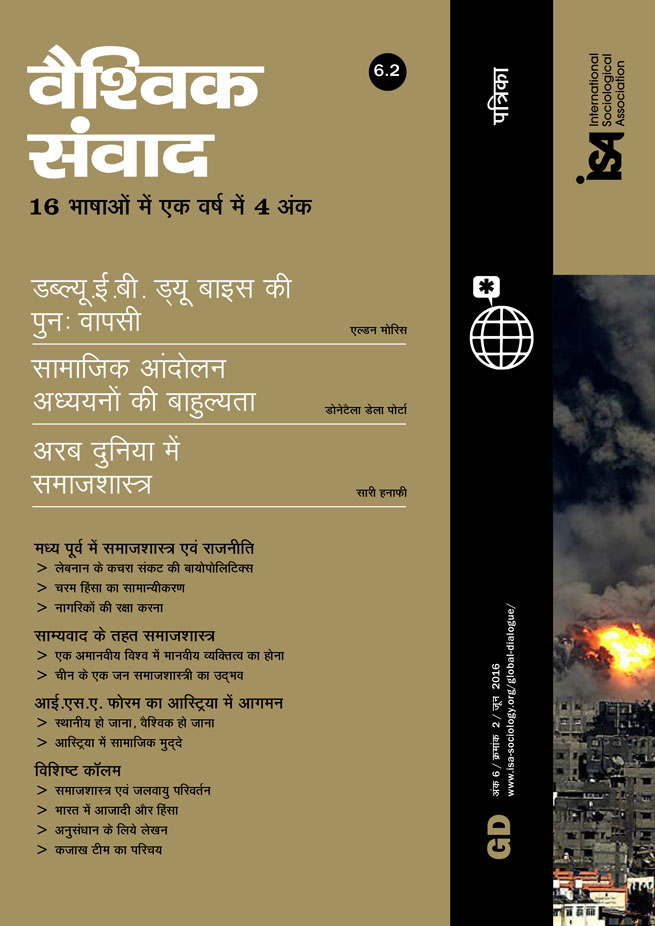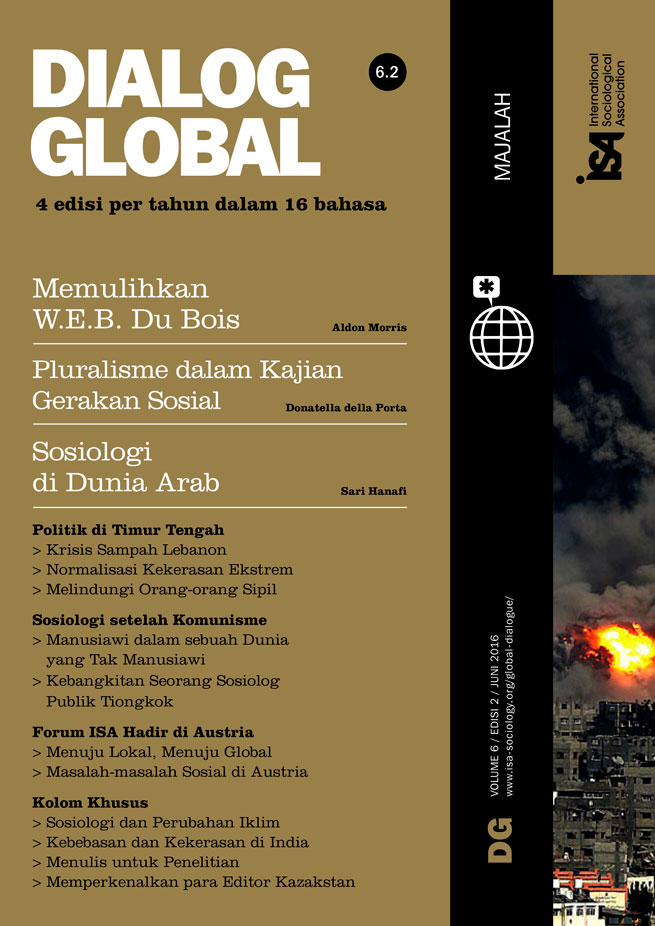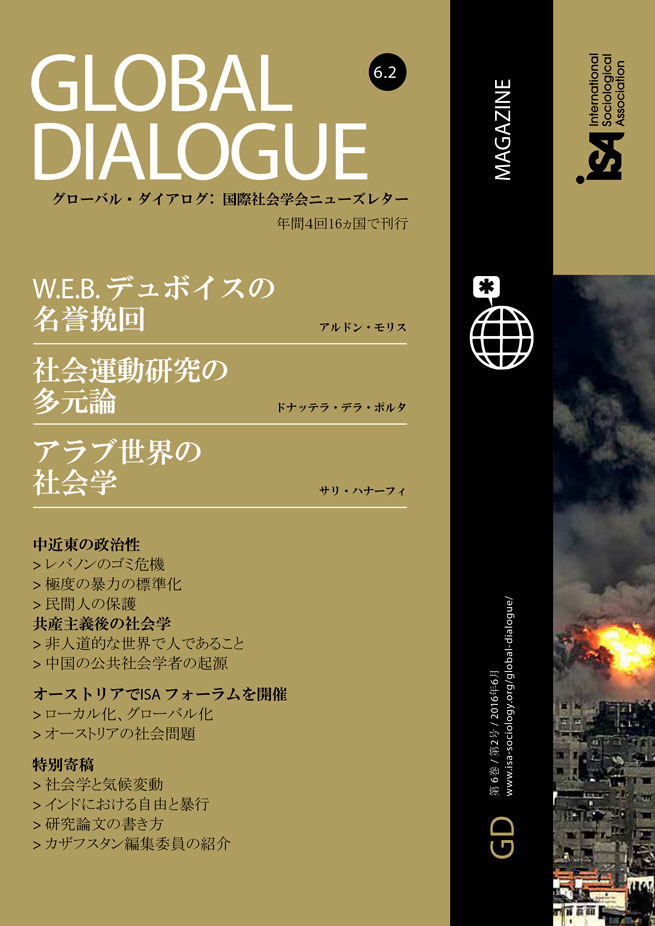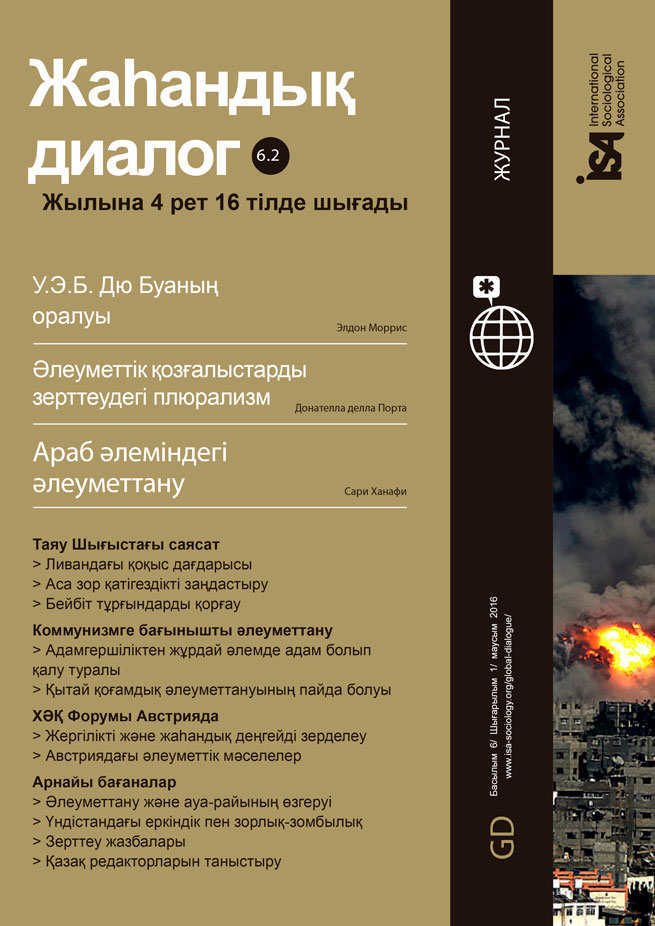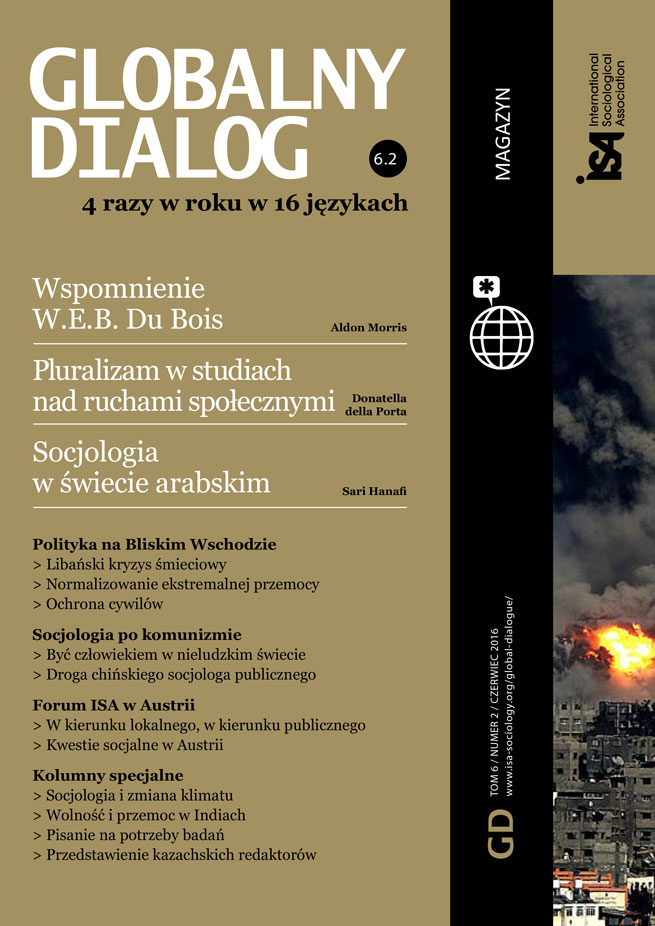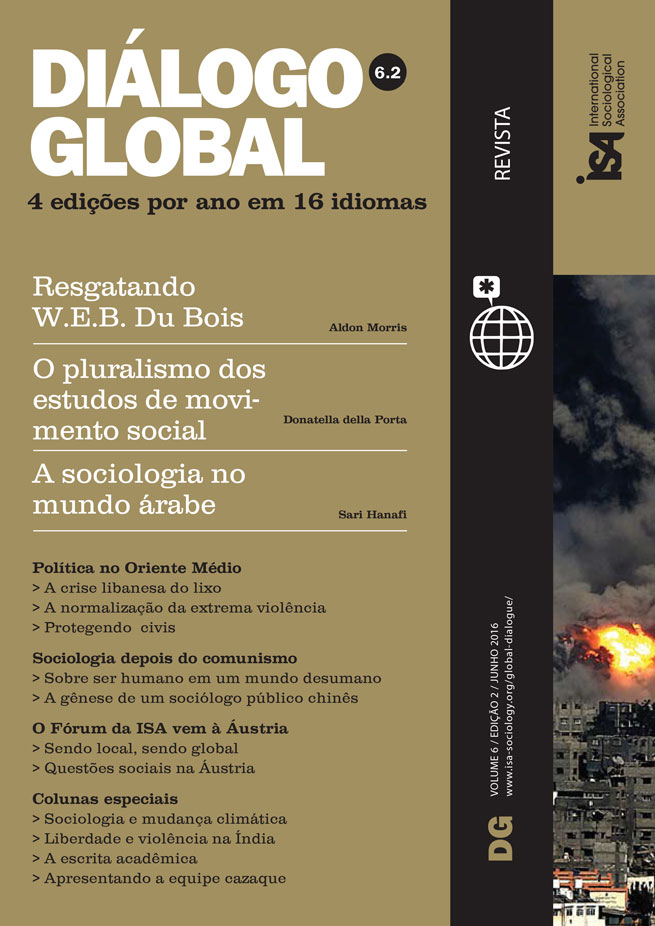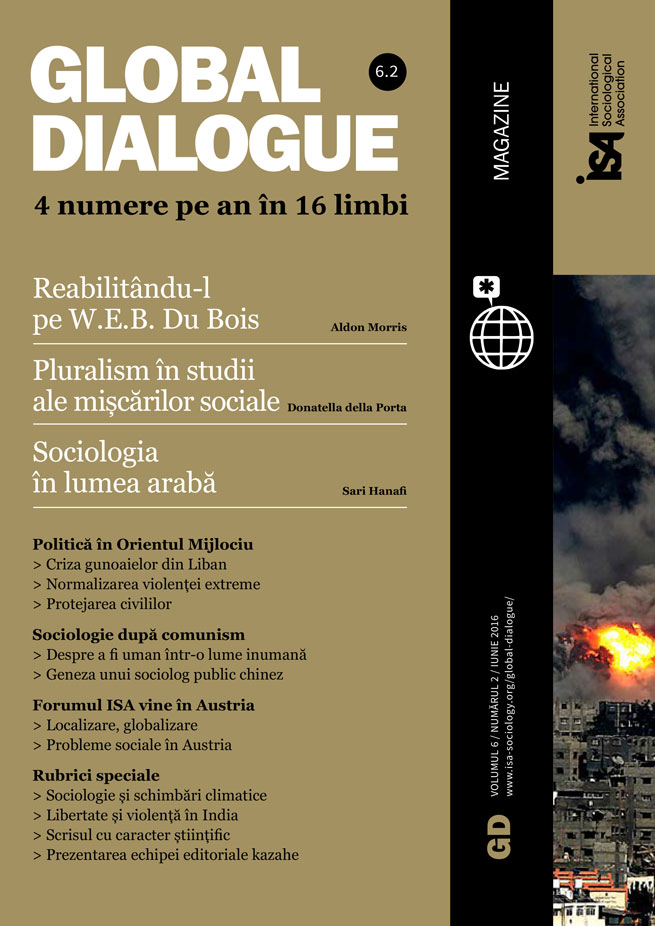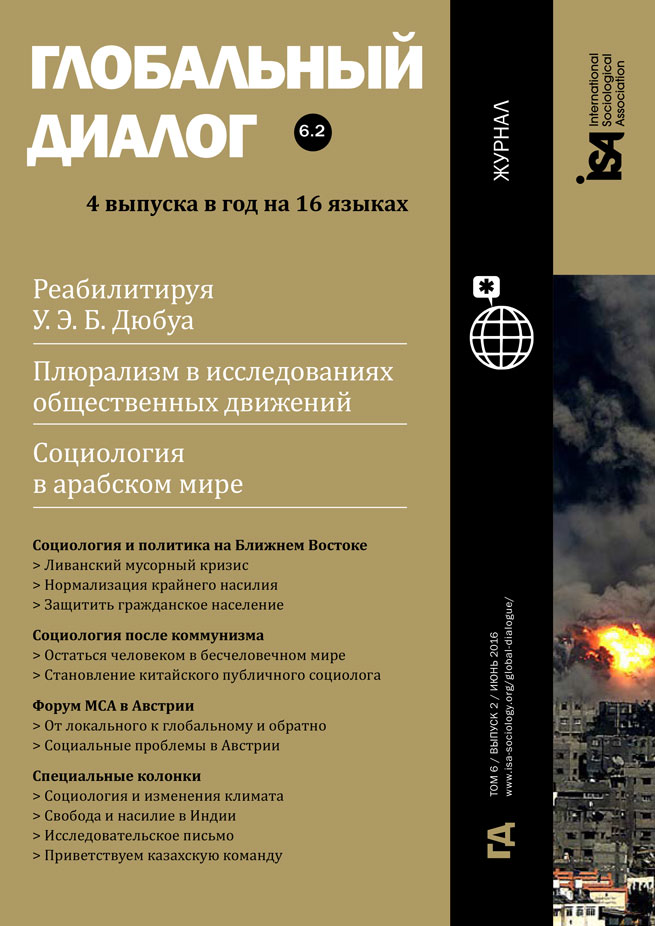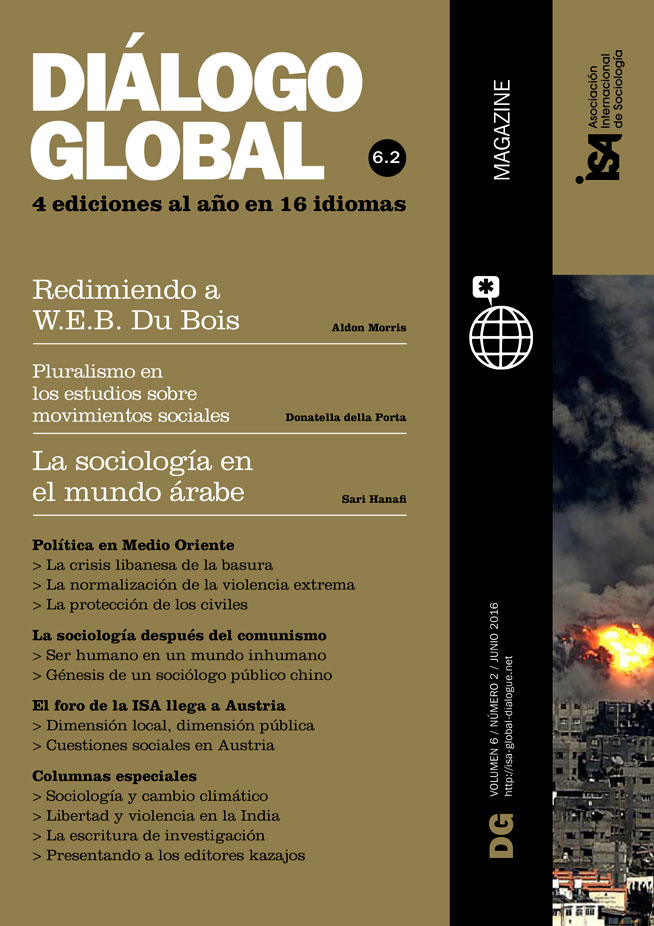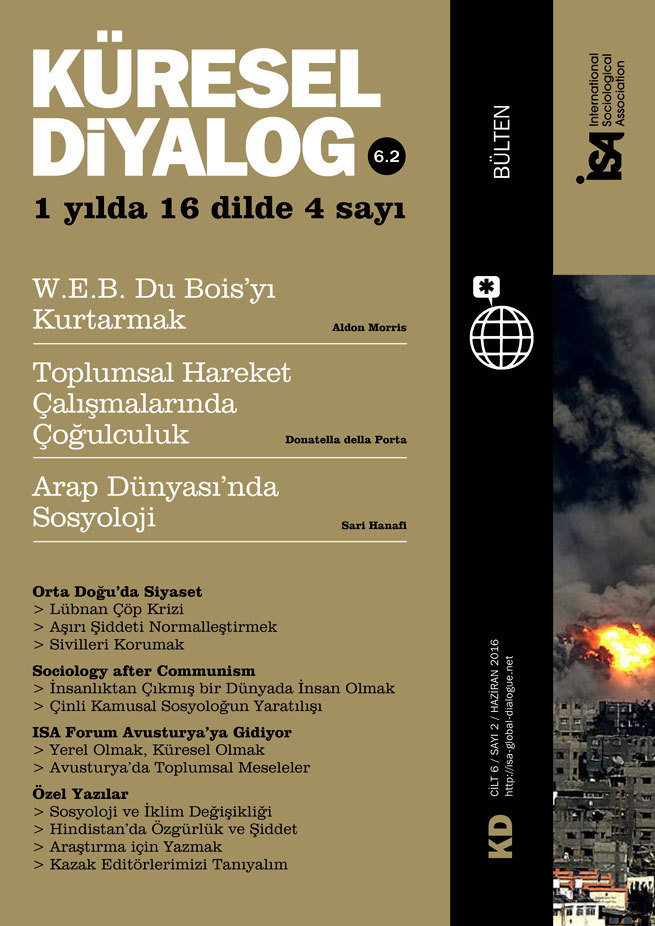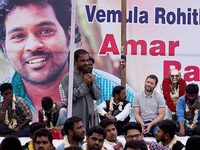Sociology and Climate Change
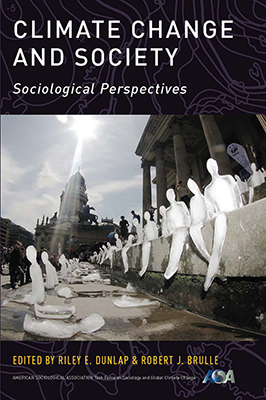
May 21, 2016
Riley Dunlap and Robert Brulle are both distinguished environmental sociologists. They were Chair and Associate Chair of the American Sociological Association’s Task Force on Sociology and Global Climate Change, whose report recently appeared as a book: Dunlap and Brulle (editors), Climate Change and Society: Sociological Perspectives (New York and Oxford: Oxford University Press, 2015). Their pioneering work shows how national sociology associations can promote collaborative research into pressing social and political issues.
Human-caused climate change is one of the major problems of our time, and represents an existential threat to our species in the long term. Natural scientists have led the way in documenting global warming, as the “greenhouse effect” was understood over a century ago. By the 1990s climate science had become a well-established field, producing ever-stronger evidence that the world is warming due in large part to human activities (especially carbon emissions), with increasingly negative impacts on both natural and social systems – as documented periodically by the Intergovernmental Panel on Climate Change (IPCC).
In the face of woefully inadequate societal response to growing evidence of global warming, especially in terms of reducing carbon emissions, natural scientists have recognized that climate change is a “people problem”: it is caused by human behaviors, it poses real threats to humans, and it requires collective action for its amelioration. Consequently, the IPCC, US National Research Council and other major scientific bodies such as the International Social Science Council and its International Human Dimensions Program on Global Environmental Change (succeeded by the Future Earth Project) have called for greater involvement of social science in climate change research.
Such calls typically invite “social scientists” to contribute to multidisciplinary research agendas set by natural scientists and major funding bodies (such as the Belmont Forum), with little regard for, or consultation with, specific social science disciplines. Social scientists are urged to contribute to on-going research programs (often framed as “coupled human and natural systems” research) addressing questions largely framed by natural scientists. While valuable, such work typically ignores major social and political conflicts stemming from inequities in the use of natural systems as well as in the consequences of degrading those systems, and seldom employs critical political-economic perspectives.
Similarly, these calls suggest that social scientists can help “educate the public” about global warming, in the naive hope that increased public understanding will lead to policy change. Lacking a sociological perspective, these efforts treat individuals as the primary agents producing carbon emissions, overlooking sociological insights about the extent to which individual actions are embedded in social structure – thereby ignoring how attempts to reduce carbon emissions are constrained by social, economic, and political dynamics.
More generally, existing efforts to incorporate more social science into climate change research typically adopt a “post-political” stance, as reports and agendas tend to depoliticize climate change. The IPCC, for example, considers climate change primarily as a physical phenomenon, solvable with a mix of scientific evidence, technological advances and managerial skills, requiring no fundamental changes in the socio-economic order – and thus, not a subject of serious political contention.
In this context, the American Sociological Association established a Task Force on Sociology and Global Climate Change, charged with demonstrating the value of sociological analyses of climate change. The task force leadership felt that we should do more than write a report for ASA, as we had an opportunity to demonstrate the value of sociological perspectives on climate change not only to fellow sociologists but to a much broader audience. Our volume, Climate Change and Society: Sociological Perspectives, was published by Oxford University Press last August as an official ASA publication.
Climate Change and Society summarizes and synthesizes sociological and other social science research on key aspects of climate change. Thirteen chapters written by 37 contributors describe the driving forces of climate change (with special attention to market organizations and consumption); the major impacts of climate change and efforts to deal with it (especially inequitable impacts); and societal processes – civil society, public perceptions and organized denial – that affect societal responses to these challenges. Chapters exploring theoretical perspectives and methodological innovations for sociological research into climate change round out the volume.
The volume responds to calls for increased social science engagement with climate change, and demonstrates the unique value of sociological analyses. Since the primary driving forces of global climate change are embedded in social structure and institutions, cultural values and ideologies, and social practices, efforts to ameliorate and adapt to global warming require analyses of these social processes at various scales, from the global to the local – all within the domain of our discipline. A secondary goal of the volume is to stimulate further sociological research into these topics: sociology can help understand climate change not only by contributing to existing agendas and programs, but also by posing new research questions derived from sociological theories and perspectives.
Sociology’s role can also include offering a social critique. Existing analyses of climate change are often limited by near-hegemonic beliefs; for example, in this neoliberal era, it is widely assumed that only market-based policies offer feasible options for reducing carbon emissions. These blind spots limit the range of conceivable actions, and sociology can play a vital role, going beyond one-dimensional, post-political thinking to question common assumptions framing current policy debates.
This kind of public sociology on climate change involves documenting the difficulty (if not impossibility) of achieving significant reductions in carbon emissions while maintaining traditional patterns of economic growth – sociological findings that can broaden public debates over climate policy. Creating intellectual space for more critical perspectives on climate change should be a crucial contribution of our discipline, and we hope that sociologists worldwide will join the ASA Task Force in this effort.
Riley E. Dunlap, Oklahoma State University, USA, Past-President of ISA Research Committee on Environment and Society (RC24) <rdunlap@okstate.edu>
Robert J. Brulle, Drexel University, USA <



